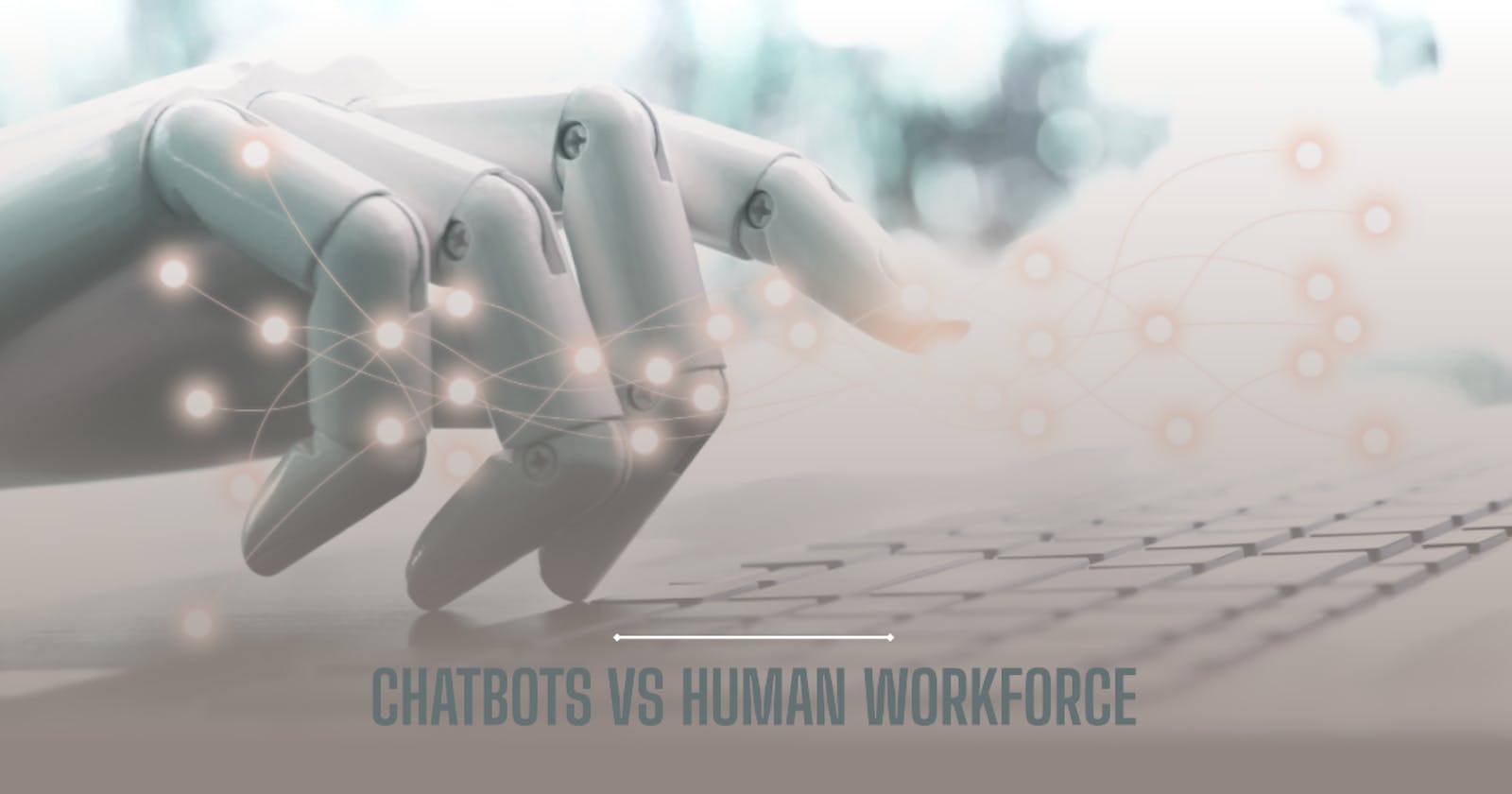As the use of artificial intelligence (AI) continues to grow, there are concerns that it will replace human workers across various industries. While AI technology like Chat GPT has the potential to automate many tasks, there are certain areas where it cannot replace the value of human touch.
The Benefits of Chat GPT
Chat GPT is an AI language model that can understand and generate human-like language. It can be used for a variety of tasks, such as customer service, content creation, language translation, and more.
One of the main benefits of Chat GPT is its ability to automate tasks that would otherwise require a human worker. This can lead to increased efficiency, lower costs, and faster turnaround times. Additionally, Chat GPT can handle a large volume of tasks simultaneously, which is not always possible for human workers.
Another benefit of Chat GPT is its ability to learn and improve over time. As it processes more data, it becomes better at understanding natural language and generating more accurate responses. This can lead to better customer experiences and improved business outcomes.
The Value of Human Touch
While Chat GPT has many benefits, it cannot replace the value of human touch in certain areas. Tactility is a crucial aspect of human experience that sets us apart from machines and AI. While machines and AI can perform many tasks with precision and accuracy, they lack the ability to experience the world through touch and texture. One of the main areas where the human touch is essential is in customer service.
Customers often prefer to speak with a human representative rather than a chatbot or AI system. This is because human representatives can provide empathy, emotional support, and personalized solutions. They can understand the nuances of a customer's situation and provide tailored responses. Additionally, human representatives can build rapport and trust with customers, which can lead to long-term loyalty and increased sales.
Another area where human touch is essential is in creative fields such as writing, art, and music. While Chat GPT can generate text and images, it cannot replicate the depth of creativity and originality that human beings can produce. Creative works often require a unique perspective, personal experiences, and a deep understanding of human emotions and relationships. These qualities cannot be replicated by an AI system.
Additionally, human touch is essential in healthcare, counseling, and other fields that require emotional support and human connection. Patients and clients often seek empathy, understanding, and a personal connection with their healthcare providers or counselors. This is something that AI systems cannot replicate, as they lack the emotional intelligence and empathy that human beings possess.
The Future of Chat GPT and Human Touch
While Chat GPT cannot replace the value of human touch, it can be used in conjunction with human workers to improve efficiency and accuracy. For example, Chat GPT can be used to automate routine tasks, freeing up human workers to focus on more complex and creative tasks. Additionally, Chat GPT can provide support to human workers, such as suggesting responses or providing data insights.
In the future, there will likely be increased collaboration between Chat GPT and human workers. As AI technology improves, it will become more sophisticated and capable of handling more complex tasks. However, human workers will always be essential in certain areas where emotional intelligence and human connection are required.
The Importance of Emotional Intelligence
Emotional intelligence is the ability to understand and manage emotions, both in oneself and others. This is an essential skill in fields such as counseling, healthcare, education, and leadership.
While Chat GPT can process data and generate responses, it cannot understand or manage emotions in the same way that human beings can. Human workers possess empathy, compassion, and the ability to connect with others on a deeper level. These qualities are essential in fields where emotional support and human connection are required.
Additionally, emotional intelligence is an essential skill in the workplace. Studies have shown that employees with high emotional intelligence are more productive, have better relationships with their colleagues, and are more effective leaders. This is because they can understand and manage emotions in a way that fosters collaboration, innovation, and creativity.
Using Chat GPT to Enhance Emotional Intelligence
While Chat GPT cannot replace emotional intelligence, it can be used to enhance it. For example, Chat GPT can be used to analyze and understand emotions in large datasets. This can provide valuable insights into customer behavior, employee satisfaction, and other areas that impact business outcomes.
Additionally, Chat GPT can be used to provide training and support to human workers. For example, it can be used to provide feedback on communication skills, conflict resolution, and other areas that require emotional intelligence. This can help workers develop and improve their emotional intelligence skills over time.
In conclusion, Chat GPT has many benefits and can automate many tasks that would otherwise require a human worker. However, it cannot replace the value of human touch in certain areas, such as customer service, creative fields, healthcare, counseling, and emotional intelligence.
As AI technology continues to improve, there will likely be increased collaboration between Chat GPT and human workers. Chat GPT can be used to automate routine tasks, provide support and insights to human workers, and enhance emotional intelligence.
Ultimately, the key to success in the future of work will be finding the right balance between AI technology and human touch. By leveraging the strengths of both, businesses can achieve greater efficiency, accuracy, and customer satisfaction while also fostering empathy, emotional intelligence, and human connection.

